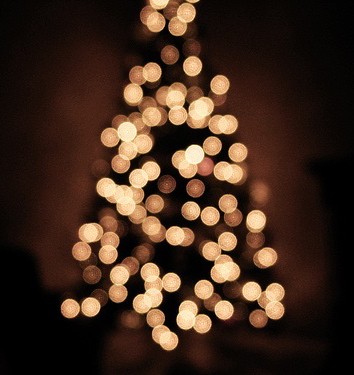Poetry and dogma

Thanks to English friends who posted the link on Facebook, I recently had a chance to hear a remarkable episode of the BBC Radio 4 program Start the Week. It was Remembrance Day, November 11, and the host, Scottish journalist Andrew Marr, was still recovering from a major stroke, which gave the occasion added gravity but also an undertone of solemn gaiety. On the air with him were John Drury, chaplain of Oxford’s All Souls College and author of a new George Herbert biography, the novelist and memoirist Jeanette Winterson, and Sir John Tavener, the mystical composer who had also recently suffered a close brush with death. Avowedly not religious, Marr spoke feelingly of finding solace since his stroke in George Herbert’s and T. S. Eliot’s Christian poetry and in Bach’s cantatas. This led Marr to wonder: with Britain “one of the most secular countries on the planet,” with churchgoing at an all-time low, “why is it that religious poetry and religious music seem to matter more than ever?”
Various answers emerged. Winterson, who has chronicled her estrangement from the Pentecostal Christianity of her childhood as well as her love of the King James Bible and the seasons of the Christian year, spoke of the challenge of living authentically in a secular age. With religion in retreat, she said, “we’re left with this rather lonely part of ourselves, which is the soul—which has no company” and which longs for an affirmation “that life has an inside as well as an outside.” The arts are responsible for providing that affirmation, she suggested, when the churches inevitably fail.
Tavener, on the other hand, favored an eclectic traditionalism; the end of the Hindu cycle Kali Yuga draws near, he said, bringing with it a resurgence of spirituality. Having returned from a long stay at death’s door, Tavener looked back at each stage of his spiritual journey with gratitude, recalling his interlude as a Roman Catholic, his conversion to Orthodoxy, the Presbyterian pastor of his youth (who used to say, “Life is a creeping tragedy, that’s why we must be cheerful”), and his present delight in chanting the 99 names of God in Arabic—without rejecting any part of it. For Tavener, “music and believing in God had always gone together,” and all the spiritual traditions of the world have parts to play in the divine symphony.




